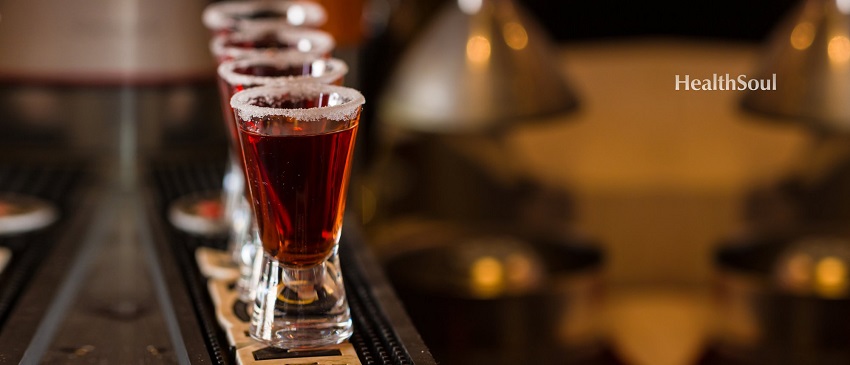Alcohol in Ireland: Is the status quo changing?

Alcoholism can be a silent stalker, sneaking up on its victim little by little, suddenly striking when the victim least expects it. It can wriggle its way into normal everyday moments; in homes, at work, during sporting events at the pub. Until suddenly the victim realizes that everything has changed. The victim has a choice – to continue as things are, sinking further into the grip of alcoholism, or to recognize the problem and fight it.
The statistics of alcohol use in Ireland are quite grim. According to AlcoholIreland.ie, alcohol causes 88 Irish deaths each month. That is about three deaths per day. Ireland has the second-highest rate of binge drinking in the world, and 900 people are diagnosed with alcohol-related cancers each year. The statistics go on and on, but one thing is clear – alcohol abuse is causing real and lasting harm to the Irish people.
Public Health Policy
The government has passed the Public Health (Alcohol) Bill, proposing sweeping changes across Ireland. The Bill proposes a minimum unit price (MUP) on alcohol and puts broad limits on advertising. While the MUP portion of the bill has yet to be enacted, the advertising limits have already begun. As of 12 November, alcohol may no longer be advertised on public transport, at cinemas with those under the age of 18, or within 200 meters of schools.
Scotland, who also ranks very high on per capita alcohol consumption, introduced MUP in 2018, and initial figures show that alcohol sales are down 7.6%, even more than projected. Ireland hopes to follow suit.
Corporate Concerns
This bill was hotly contested by the alcohol industry, whose efforts in lobbying the Oireachtas managed to delay the passing of the bill for several years. Unfortunately, corporate politics and public health policies are intertwined, as this article explains. Corporations noted that potential reduction in sales can cause reduction in their workforce and claimed that separating alcohol from other items for sale (another requirement of the bill) would be costly and burdensome to retailers. The alcohol industry claimed that their advertisements aren’t meant to entice new consumers, only to help increase their own market share.
Only time will tell if these fears were well-founded or simply blustering by the industry. One could argue that the potential of improved longevity, lowered healthcare costs, and better quality of life for the Irish is worth whatever potential cost corporations may incur.
Current Climate
While it’s too soon to determine how or if these policies will affect alcoholism in Ireland in a positive way, sales of low and non-alcoholic beers were already up significantly in Ireland in 2019.
Studies have shown that advertisements do affect teens and children, despite what the marketing industry claims. While it may take time for the results of this policy change to be recognized, we can be assured that we are taking steps to make Ireland a healthier place for children and families. Changes implemented today will have far-reaching results, lasting for generations to come.

